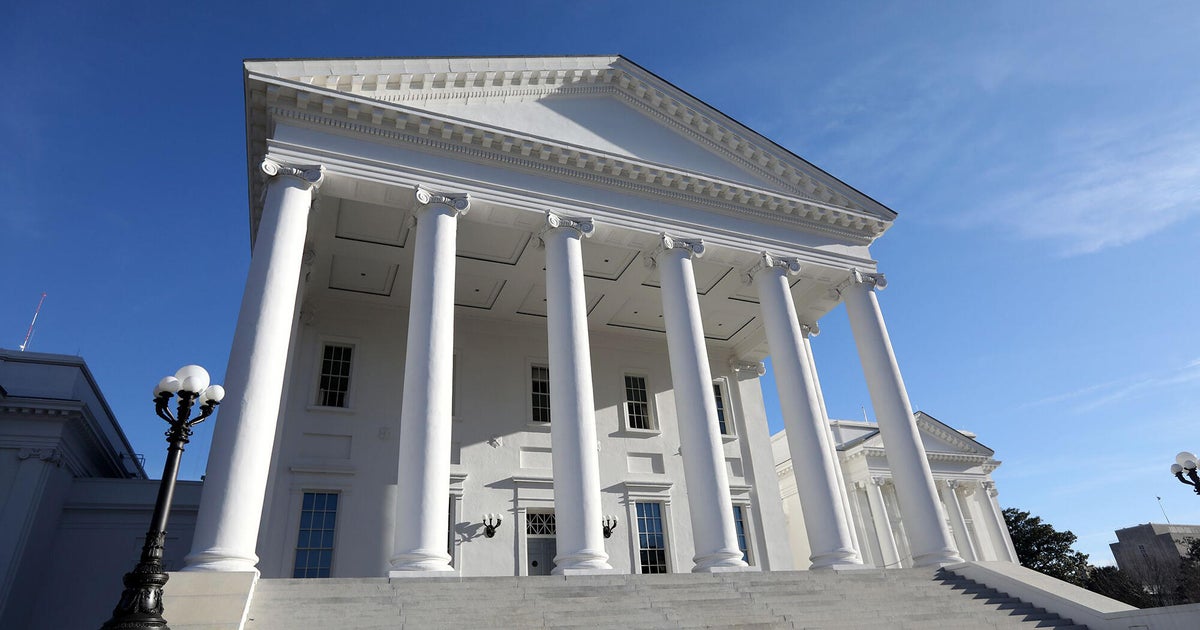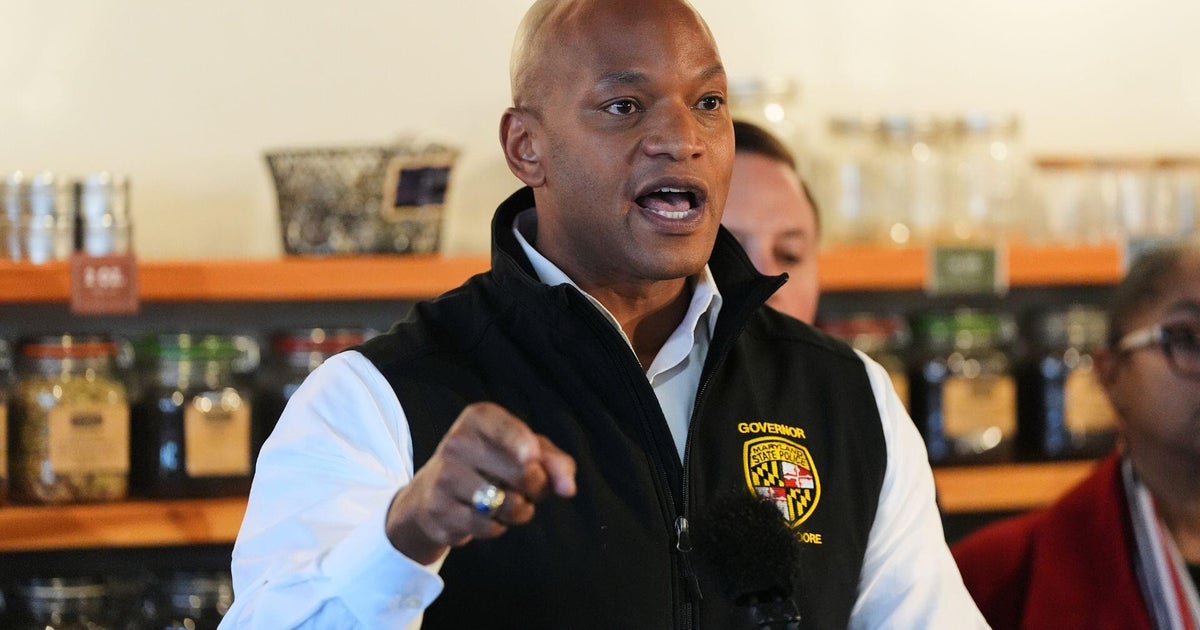CBS 2 School: Holding Back The Tide?
The Democrats' national surge that began in 2006 might be ready to recede, but expect local efforts to reduce the impact of the political ebb.
Political science often looks at the results of midterm congressional elections to determine if national or local factors shaped the electoral results. This year Republicans are hoping that national dissatisfaction with the economy and with congressional job performance will result in big GOP gains.
But Democrats are hoping that local issues will help them retain control of both the House and the Senate.
National issues that have been known to influence the results of congressional elections include: the state of the national economy; war; a popular president's coattails; an unpopular president's dismal approval ratings and a national debate about an issue such as civil rights or gay marriage.
But many political scientists have argued that local issues play a much bigger role in determining electoral fate in congressional contests. For instance, if the national economy is weak but the local economy is stronger, a local incumbent might stand a better chance of winning re-election.
Incumbents usually have an advantage when it comes to name recognition and campaign fundraising. Local scandals and districts that have been gerrymandered can also impact elections on a smaller scale. And the qualifications of a challenger can certainly help to impact the decisions made by the voting public one way or another.
Republicans across the country are hoping that President Obama's waning popularity and the economic doldrums will help them capture enough votes to control a majority of seats in Congress. Nevada would be a classic example of this because the Republican challenger is blasting Sen. Harry Reid for his connection with Obama's national legislative agenda.
Meanwhile, Democrats point to Delaware as an example of how local issues might help them. This is where Republican U.S. Senate candidate Christine O'Donnell has proven to be so controversial that the Democrat candidate might win that Senate race.
Democrats will be fighting against the national trend of midterm losses for the President's party since the President's party has only gained congressional wins in two midterms since World War II. But Democrats will be waging local efforts to minimize these expected losses.







